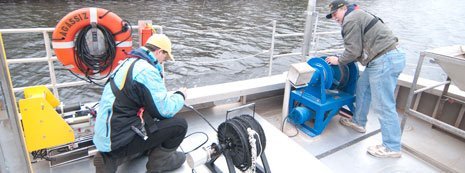Pragmatism and care in engineering ethics
© Springer Nature B.V. 2019. Publisher's version of record: https://doi.org/10.1007/s11948-018-0080-y
Abstract
Engineering is a practice that must function in an environment of incomplete and uncertain knowledge. This environment has become even more difficult in an increasingly complex world. Engineering ethics has to be framed and taught in a way that addresses these realities. This paper proposes a combination of the philosophy of pragmatism and the ethic of care as a possible framework for the practice of engineering ethics that can provide flexibility and openness to address engineering ethics problems more realistically within the ethos and culture of engineering. Embedding values into practice, pragmatism and care provide a broad, reflective, and corrective framework for engineering ethics that can accommodate the realities in which engineering operates. It is shown that these two approaches are more consonant with design methodologies and have a natural fit with design thinking, so they mesh well with what engineers do and with the complexities of their work today. As humans more and more try to alter the socio-techno-natural world, e.g., the earth’s climate, the combination of pragmatism and care will allow enhanced ethical behavior. Alterations to complex adaptive systems will produce highly uncertain results that require engineers to have a mindset that allows them to act with humility in the face of significant uncertainty and potential catastrophic failures.

